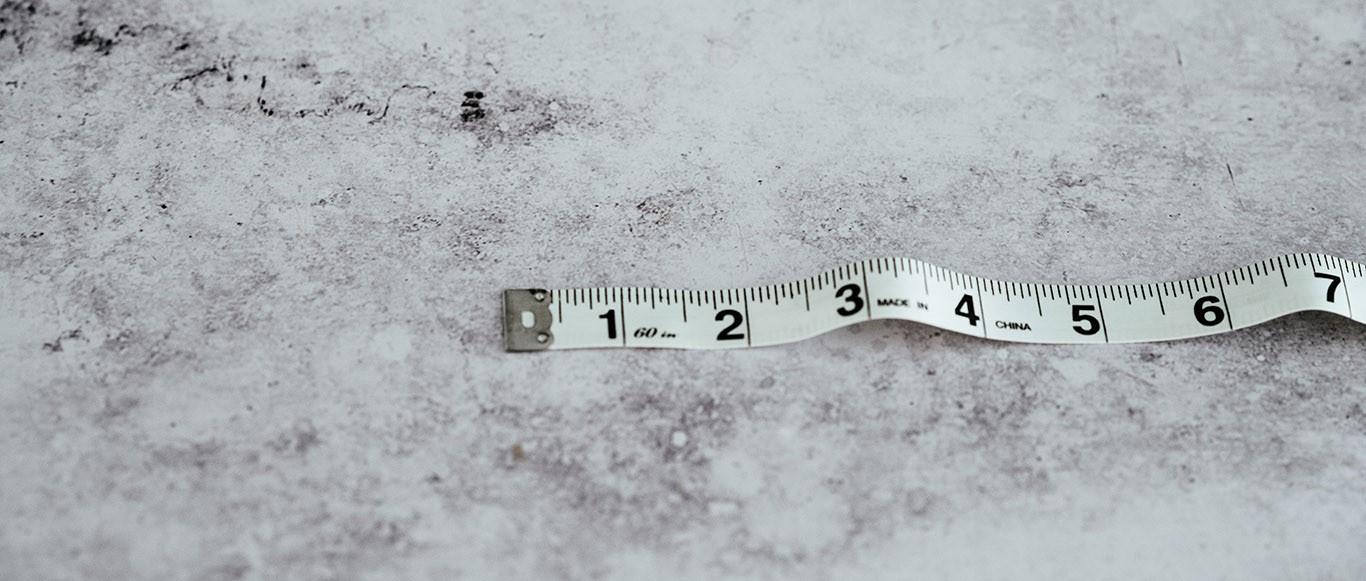
Le stress est-il à l'origine d'une prise de poids ?
Peer reviewed by Dr Sarah Jarvis MBE, FRCGPLast updated by Gillian HarveyLast updated 3 Jun 2019
- TéléchargerTélécharger
- Partager
In today's busy world, it's hardly surprising that many of us suffer from stress. In fact, a recent survey revealed that 85% experience stress on a regular basis. And more and more of us are becoming overweight or obese. But is there a connection? Could your stress be causing you to gain weight? The simple answer is - yes. But the reasons behind this may not be as straightforward as you think.
Dans cet article :
We are all familiar with the cravings for sugary or fatty foods that sometimes rock up when we're feeling stressed. One reason we might crave such foods is because we have made a connection between these often forbidden foods and reward. If we've had a tough day, we might reason that we 'deserve' that giant chocolate bar. Unfortunately, this often leads to us feeling worse.
"We pick food we think will make us feel better, but actually often end up feeling stressed and guilty, and upset about any weight gain," explains Dr Sarah Schenker, dietician and author of Eating Fat Will Make You Fat.
But the reason we might reach for the chocolate rather than the chicory could also be down to our misreading of our body's signals.
"Most of us have heard of the 'fight or flight' response - a release of adrenaline and other chemicals designed to give us speed and energy when confronting perceived danger," explains Schenker. "However, many of us mistake this feeling for a feeling of hunger - it's a confused response to our body's cues."
Poursuivre la lecture ci-dessous
Unhelpful hormones
According to GP and natural health specialist Dr Julie Coffey, long-term stress can lead to a more chronic imbalance in our hormones, which also contributes to weight gain.
"When we have a bout of stress, we have adrenaline release, which releases glucose from your system to facilitate physical activity," she explains. "At the same time, you get the release of another hormone called cortisol. This has a longer-term action."
"The function of cortisol is to prompt us to replace the energy we would have lost had we engaged in physical activity - and it does this by making us hungry. Not only does it increase our appetite, it also draws us towards calorie-dense foods," she explains.
Meaning we’re more likely to reach for the biscuit barrel than the fruit bowl in times of tension.
Sélection de patients pour Obésité et perte de poids

Santé générale et mode de vie
Que faire si votre poids vous décourage ?
Avez-vous parfois l'impression d'avoir passé la majeure partie de votre vie d'adulte au régime ? Si les programmes de perte de poids les plus populaires connaissent un succès initial, les kilos reviennent hélas souvent. Vous risquez alors de vous en vouloir et de vous sentir déprimé.
par Sara Lindberg

Santé générale et mode de vie
Calculateur de calories
Ouvrez le calculateur de calories. Que vous souhaitiez perdre du poids, gagner du muscle ou simplement maintenir votre niveau de forme actuel, il est essentiel de savoir combien de calories votre corps a besoin chaque jour (dépense énergétique quotidienne totale). Ce calculateur de calories facile à utiliser vous donne une estimation personnalisée en fonction de votre âge, de votre sexe, de votre poids, de votre taille et de votre niveau d'activité.
par l'équipe infomatique des patients
A vicious circle
Unfortunately, long-term stress can also interfere with our circadian rhythm - our natural sleep-wake cycle.
"Normally cortisol levels start rising early in the morning before we get up," explains Coffey. "This gives us the energy to get out of bed. Levels usually start reducing as the day goes on and are really low at night. However, in response to ongoing stress, cortisol levels remain high; and because they're high it has the effect of increasing appetite and cravings for often unhealthy food."
This excess cortisol can also affect our sleep patterns.
"If cortisol is too high at night, it can stop you sleeping well, and if you're not sleeping well other hormones that control appetite - ghrelin and leptin - also become out of balance, again increasing your appetite.
"Worse, when we give in to those cravings for sugary snacks, our body responds by releasing insulin to stabilise our blood-sugar levels. Unfortunately, insulin is the trigger your body uses to start laying down fat."
Finally we all know that when we're tired, it's harder to resist reaching for the biscuit tin.
"When you're sleep-deprived, another thing that can happen is you lose your self-control to an extent; you're more impulsive," explains Coffey
Poursuivre la lecture ci-dessous
Breaking the cycle
One way to break the cycle of stress-induced weight gain is to control our environment. Try to limit the amount of temptation you have in your home, and have a range of healthy snacks to choose from. Plan, or even prepare, meals in advance if you have a busy week ahead.
But the most effective way to deal with stress-induced weight gain is to work on our stress management.
"People often focus on the thing that's making them stressed, but sometimes we don't have full control over this - for example if it's a work issue," explains Coffey. "A better way might be to learn to deal with our reactions, rather than the environment or situation itself."
Tackling stress long-term should mean that your cravings for calorie-rich snacks lessen; your hormones have a chance to balance out and, hopefully, your waistband will feel a little looser.
So, don't stress. Whilst being under pressure can cause weight gain, with a little self-care and some forward-planning you can break free from the cycle and regain control.
Historique de l'article
Les informations contenues dans cette page ont été évaluées par des cliniciens qualifiés.
3 Jun 2019 | Dernière version

Demandez, partagez, connectez-vous.
Parcourez les discussions, posez des questions et partagez vos expériences sur des centaines de sujets liés à la santé.

Vous ne vous sentez pas bien ?
Évaluez gratuitement vos symptômes en ligne